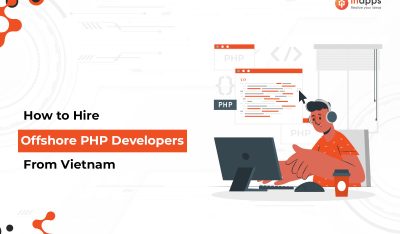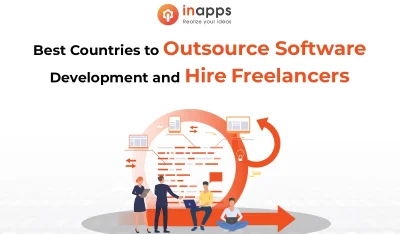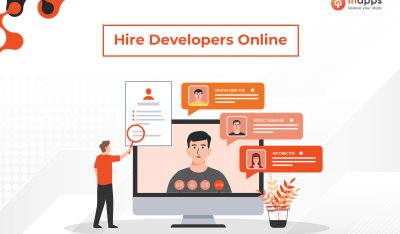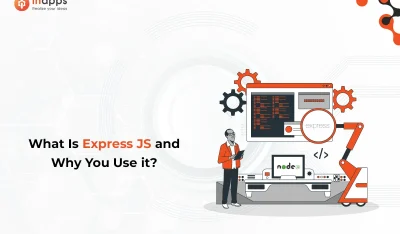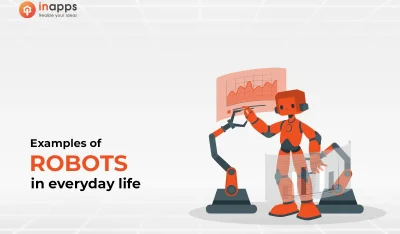
The financial services industry has arguably seen little innovation in recent decades — if you look at the top 100 R&D companies globally, not a single financial services company makes that list. Meanwhile, other regulated sectors like healthcare and education continue to break barriers. Even for the most established incumbents, a lack of innovation can quickly lead to a new, digital-native company surpassing customer acquisition or growth — a move some of us at Databricks like to call “Tesla-fication.”
“Tesla-fication” happens when one disruptive data and artificial intelligence-driven innovator becomes disproportionately more successful than incumbents that previously dominated the space. You can look at the stock market to validate success: today, Tesla boasts a $900+ billion market capitalization, making it worth more than the next 10 leading automotive competitors combined.
As this article notes, Tesla is so far ahead of other companies when it comes to technology and innovation that it’s “hard to talk about them in the same category” as other car manufacturers. In the financial services industry, we’re seeing the “Teslas” of the industry — the ones that have data and AI technologies ingrained in the way they operate — leading the way. One example of this is Nubank, a Brazilian fintech launched in 2014, which became one of the largest IPOs in Latin America last year and briefly eclipsed the market capitalization of Brazil’s largest bank. Data science plays an essential role in every aspect of their business — from customer support to credit lines — supporting 48 million customers across Brazil, Mexico, Colombia, and Argentina.
In April, the CEO of Databricks, Ali Ghodsi, will speak at the ScaleUp:AI conference on how to scale AI to work for every industry and the power of technologies like the data lakehouse to make it a reality.
In light of that event, we can consider the financial services industry specifically — every company is becoming a data and AI company and adopting modern, open data tools that fuel collaboration and innovation. We’re also seeing Tesla-fication extend to the larger, global incumbents that have been burned by vendor lock-in when they leverage the right tools and harness the power of data and analytics to solve strategic challenges that minimize risk, prevent fraudulent behavior, and drive sustainable value creation. Here are three key tips to build a modern data and AI strategy that are essential to staying competitive:
1. Ensure Your Data Infrastructure Can Handle Analytics and AI Workloads at Scale
You can be competitive in an incumbent role if you devote the resources to make data and AI top priorities. Data ingestion is a challenge today as organizations deal with millions of data points coming in from different directions and at an unprecedented volume. To address this information overload, the first step is to ensure that all of your data (structured and unstructured; streaming and batch) is accessible in one place.
There are many examples of banks and financial institutions that have seen success with the right tools to manage data. For TD Bank, data and analytics capabilities are central to innovating for its customers in new and meaningful ways. Its mobile app allows customers to receive “digital nudges” powered by AI that offer proactive insights tailored to each user, like low balance predictions and notifications about upcoming recurring bills. TD Bank shared on its recent earnings call that modernizing its data infrastructure has helped the team deliver richer insights, drive better overall customer experiences, and enable colleagues to collaborate with more agility.
Another example is Bread Finance, a division of Alliance Data Systems, which modernized to deliver personalized and flexible mobile payment options to millions of customers. The platform is driven by big data use cases such as financial reporting, fraud detection, credit risk, loss estimation, and a full-funnel recommendation engine.
2. Leverage Tried and Tested Data Solutions Tailored to Banking, Payments, Capital Markets, and Insurance
Financial services incumbents are particularly sensitive to vendor lock-in with legacy technologies, and it can take a lot of time and resources for them to capitalize on new technologies. Industry-specific solutions and technical accelerators can enable more traditional banks to quickly take advantage of the open banking paradigm and other AI benefits.
The Databricks Lakehouse for Financial Services provides a framework and solution accelerators for common data models to address challenges financial services organizations have in standardizing data. For example, it offers a solution to easily integrate regulatory data (such as the FIRE data model) on a lakehouse to drive the standardization of data, serve data to downstream tools and enable AI quality checks and governance.
Solution accelerators offer organizations easy access to technology and best practices that will help them more quickly discover a competitive edge and manage critical day-to-day operations. They speed up time to deployment, meaning less time spent getting tools up and running and more spent on innovation. Financial services institutions should look to data solutions that can jumpstart their analytics journey and offer a blueprint to address a critical industry use case, like compliance and regulatory reporting, risk management, fraud, or open banking.
3. Recognize That Building Modern Data and AI Practices and Embracing Open Technologies Can Help Recruit the Best Talent
“If you build it, they will come.” This famous quote from the classic 1989 film “Field of Dreams” relates to tech, too: tech leaders that build their companies centered on data and AI to create advantage are those that recruit the best tech talent. If financial services companies aren’t convinced of the impact that data and AI can have on their daily operations, they should look at the recruiting benefits that deploying cutting-edge technologies can have on hiring and retaining people. For example, 94 percent of employees say they would stay longer at a company that invested in their development, as indicated by a recent McKinsey survey.
Another Financial Times article highlights how Bank of America faced challenges with its shortage of technology workers for digital operations and retrained existing employees to take on new projects. Banks historically struggle to attract and retain tech talent, and platforms that are underpinned by widely-used open source technologies can attract talent in ways that legacy and proprietary systems cannot.
Embracing open source also fuels collaboration and community throughout the industry. For example, the FINOS Community (the financial sector project of The Linux Foundation — Fintech Open Source Foundation), can easily integrate cornerstone projects like Legend. It can connect industry-wide standard models to real-life data and enable the delivery of new data products and services that can address a wide array of leading banking, payments, capital markets, and insurance firms already leveraging powerful open source technologies. If you can optimize open source technology that features a rich ecosystem of innovation for hiring, you open up a bigger talent pool to fill essential recruiting needs.
The “Tesla-fication” trend is not going anywhere — we’ll continue to see tech-savvy startups outpace the incumbents that don’t make data and AI strategy a priority. The investment in the right tools pays off with both immediate benefits to your customers and a long-term retention and hiring boost that can help you shape the best team.
The New Stack’s parent company Insight Partners is hosting the ScaleUp: AI conference, April 6-7 alongside partner Citi and the AI industry’s most transformational leaders. Bringing the visionaries, luminaries, and doers of AI and innovation together, this hybrid conference will unlock ideas, solve real business challenges, and illustrate why we are in the middle of the AI ScaleUp revolution — and how to turn it into commercial reality. RSVP today to access early bird pricing and receive an additional TNS discount on top: Use the code TNS25.

Featured image via Pixabay.






